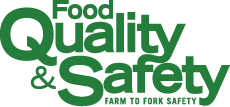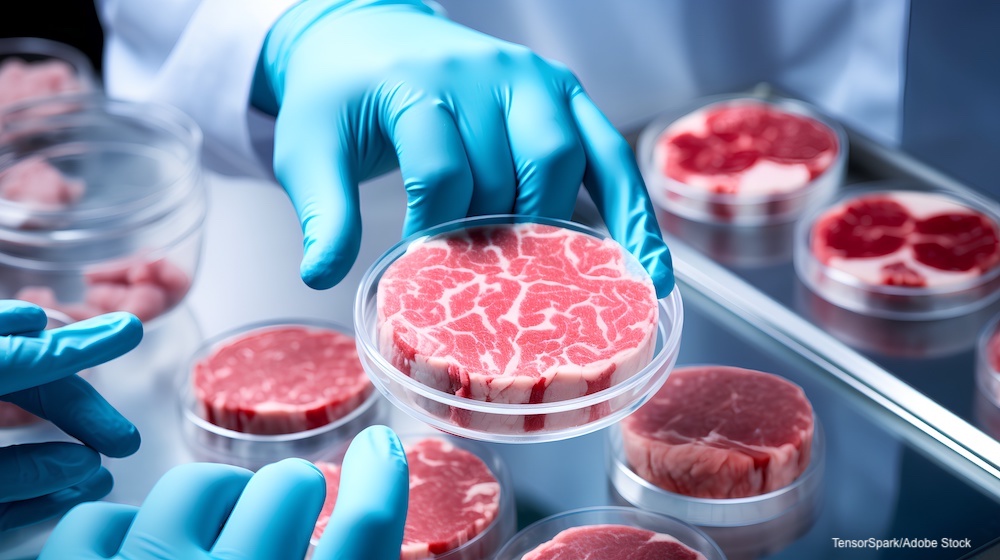Dr. Smith sees a clear need for more sophisticated test methods. “We’ve tried to break things down into individual materials and look at things from a component perspective. Many of the tests and systems we have in place aren’t designed to test complex materials,” he says.
“I think there are a lot of opportunities for many types of new technologies,” he adds. “One of the important things we must realize, particularly in this innovation space, is that not one technology necessarily outbids another. There are pluses and minuses for different types of reasons.”
Targeted analysis for food authenticity testing is often used for detecting substitution, dilution, and mislabeling; however, quantifying compounds in food matrices requires sensitive, reliable, and repeatable analytical approaches.
Ensuring Quality and Safety
The testing of alternative proteins has two clear goals: to enhance product quality during development and to ensure consumer safety during production. Each plays a central role in the commercialization and eventual acceptance of alternative protein-based foods, and both need to be carefully regulated. “In the past, we’ve typically seen regulation lagging behind innovation; however, we’re seeing rapid innovation in the cultivated meat sector, with methodologies changing monthly,” says Dr. Smith. “Labs are doing a lot of different things to bring a product to market, but from a regulatory perspective, that’s always a challenge because we want to know what’s being put on the table.”
The Right Balance
Balancing innovation with integrity in the alternative protein space is key. While advancements in this field hold immense potential, it is crucial to prioritize food safety, authenticity, customer acceptance, and nutrition to build a sustainable and trustworthy food system. As the world navigates the complexities of the future of food, embracing innovation with a keen eye on integrity will pave the way for a healthier and more sustainable future for generations to come.
Also, faced with an increased demand for—and heightened regulatory scrutiny of—alternative protein-based foods, labs need trusted analytical methods to help them further improve product quality, consistency, palatability, safety, and nutritional value.
Dr. De Leoz is global food segment director at Agilent Technologies and has nearly 20 years of experience in the food industry as a bench chemist, graduate researcher, and mass spectrometry specialist. Reach her at [email protected].


Leave a Reply